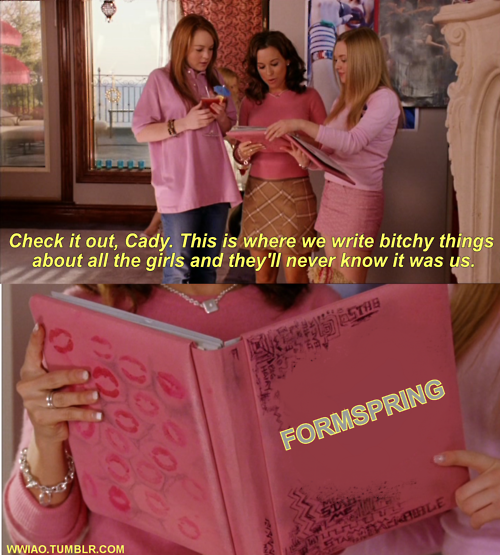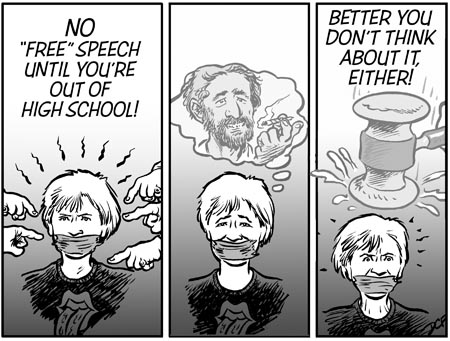Section 230 for Dummies November 30, 2011
Section 230 of the Communications Decency Act of 1996 is truly an instrument piece of legislation about the Internet. Most importantly, it provides immunity for site owners from the content users may publish on their sites. The exceptions are cases involving intellectual property, federal crimes, and privacy.
Three reasons to be thank Congress for Section 230:
- Without it, sites with only user-generated content like Youtube and Wikipedia would not exist. A world without Charlie Bit My Finger?! Blasphemy, I say!
- Without it, there would not be “comment” sections at the bottom of news articles. By golly, where would I get my daily dose of vitriolic speech?
- Without it, social networking as we know it would not exist. Seriously, a universe without Facebook?! How did we manage to survive the 90s?
However, for all its perks, Section 230 does cause its share of headaches, particularly in the realm of online speech. The excessive leeway Section 230 grants to services providers makes online speech, particularly harassment and libel, extremely difficult to regulate. In essence, the courts have consistently upheld the immunity of Internet service providers in dealing with defamation or false information on websites.
John Palfrey, a Harvard Law professor, has extensively discussed this polemic topic, stating that the current law needs to be revised carefully to protect Netizens, particularly young people. He proposes a plan that requires that log files be kept to assist law enforcement, a take-down notice procedure (much like the DMCA’s protocol for copyright infringement), and the removal of immunity for service providers when young people are threatened by harmful speech. Unfortunately, this raises even more questions regarding what “child safety” really entails and how much the law can really protect against bullying. The very idea of adjusting this act is daunting because of the high possibility that good-intentioned policymakers may reverse any positive effects of the law in hopes of greater protection. Thus, the solution to may actually not lie in legislation or virtual roadblocks, but rather in education. Anti-bullying programs through schools may better prepare future Internet users on proper “netiquette” and foster a more compassionate online community. However, this might just be me thinking a little too idealistically.

By Peter Steiner published by The New Yorker on July 5, 1993



